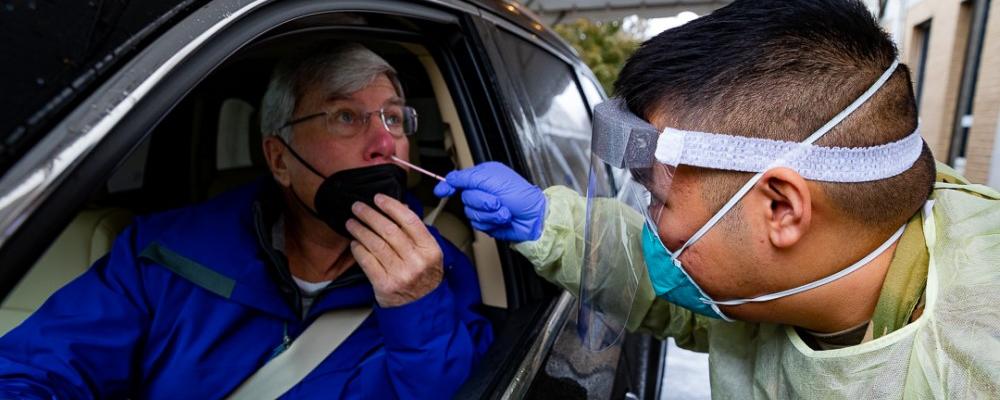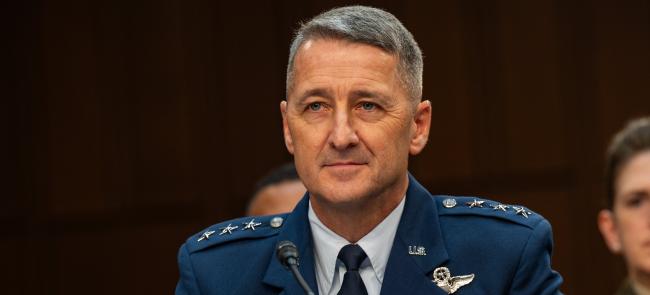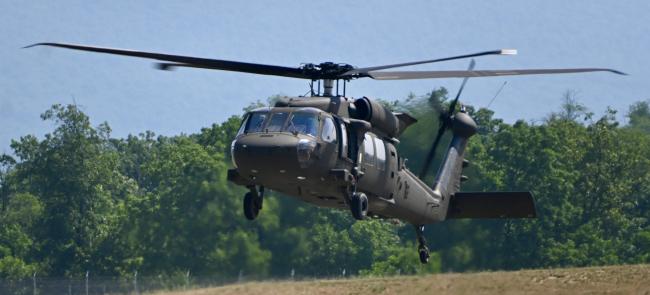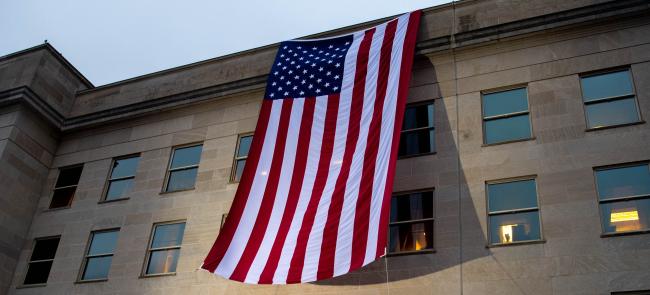
With COVID-19 cases and positivity rates decreasing, the Defense Department ended its active-component military support for coronavirus missions last week.
But Pentagon Press Secretary John Kirby recently said the mission is not over for the National Guard.
“It’s important to note that while the Title 10 [active-component] COVID-19 response may have come to a close, as of this morning, there are still more than 10,800 National Guard soldiers and airmen supporting COVID-19 response efforts in at least 43 states, territories, and the District of Columbia,” Kirby said during a March 29 briefing.
Forty-four states and territories have requested Federal Emergency Management Agency mission assignment extensions through July 1 to ensure they are prepared to support local needs.
“I’m very proud of the compassion and commitment our Guard members demonstrated throughout the pandemic,” said Gen. Daniel R. Hokanson, chief of the National Guard Bureau.
“Despite significant challenges overseas and at home, the National Guard fulfilled every combatant command deployment and accomplished every mission directed by our nation’s governors,” he added.
Since the pandemic’s start in March 2020, the Guard has administered more than 15.8 million doses of the COVID-19 vaccine, conducted more than 34.9 million tests and screenings, disinfected over 71,000 facilities, lent support to over 1,000 food banks and helped deliver more than 1 billion meals to the public.
At the peak of the COVID-19 mission, more than 47,000 Guard members were on duty, providing more than 135,000 vaccinations daily. Due to the Guard’s versatility, members provided support in other ways.
“We taught school, we drove buses, we worked in prisons — so it was vast, deep and wide when we were called upon for things that we did to help support our local communities that were impacted by COVID,” said Army Maj. Gen. Jill Faris, director of NGB’s Office of the Joint Surgeon. “Because COVID reached everyone, it was always interesting to see what the next thing was that governors looked to have us do to keep the communities vibrant, opening and functioning.”
With its support considered a success and in light of the decreasing COVID-19 cases, the Guard will also wind down the number of personnel assisting with the pandemic mission, Kirby said.
“Most of our medical personnel that were operating in hospitals were not really doing COVID treatment; [the Guard was] taking the pressure off other burdens, and that pressure was appreciated and welcomed and has been alleviated,” he said. “And in concert with discussions with FEMA and civilian health practitioners, we all deemed collectively that now is the right time to pull back that support.”
About 8,700 Guardsmen were serving on COVID-19 support missions as of April 8, a number expected to decline.








